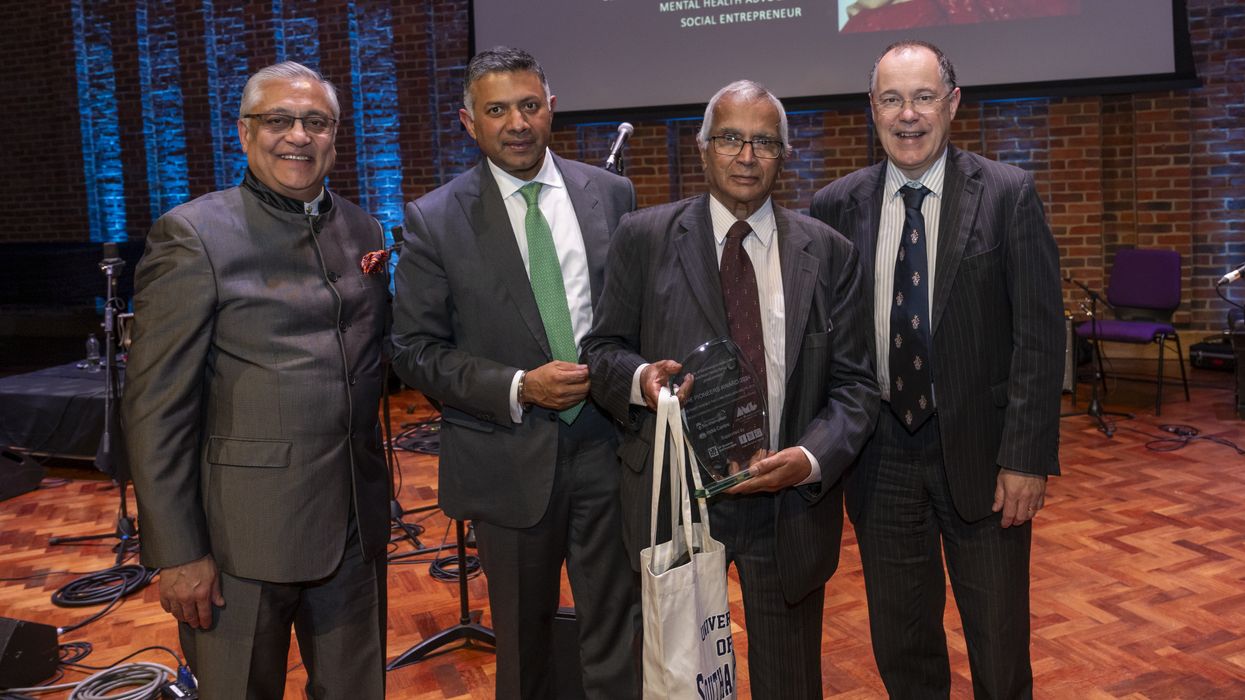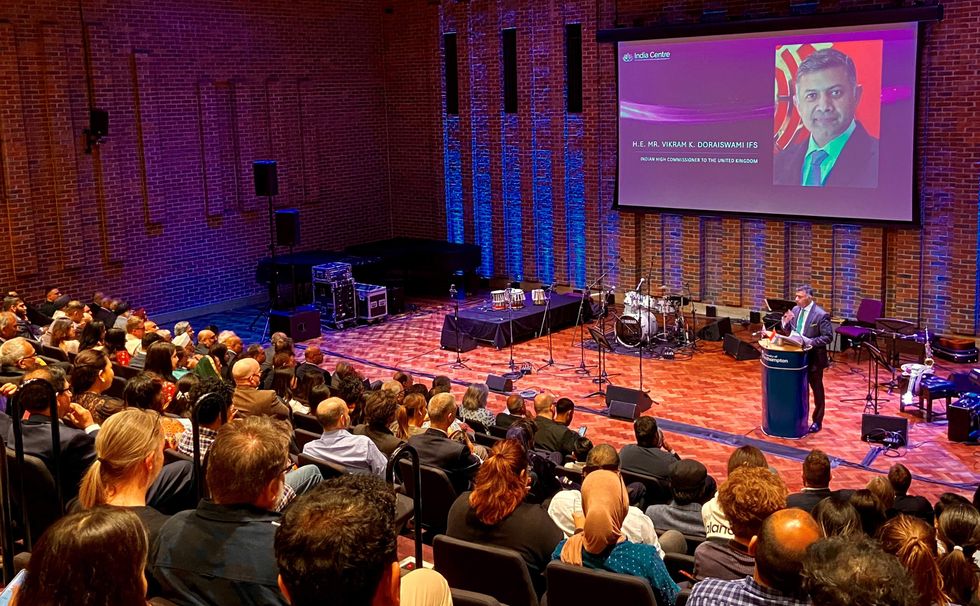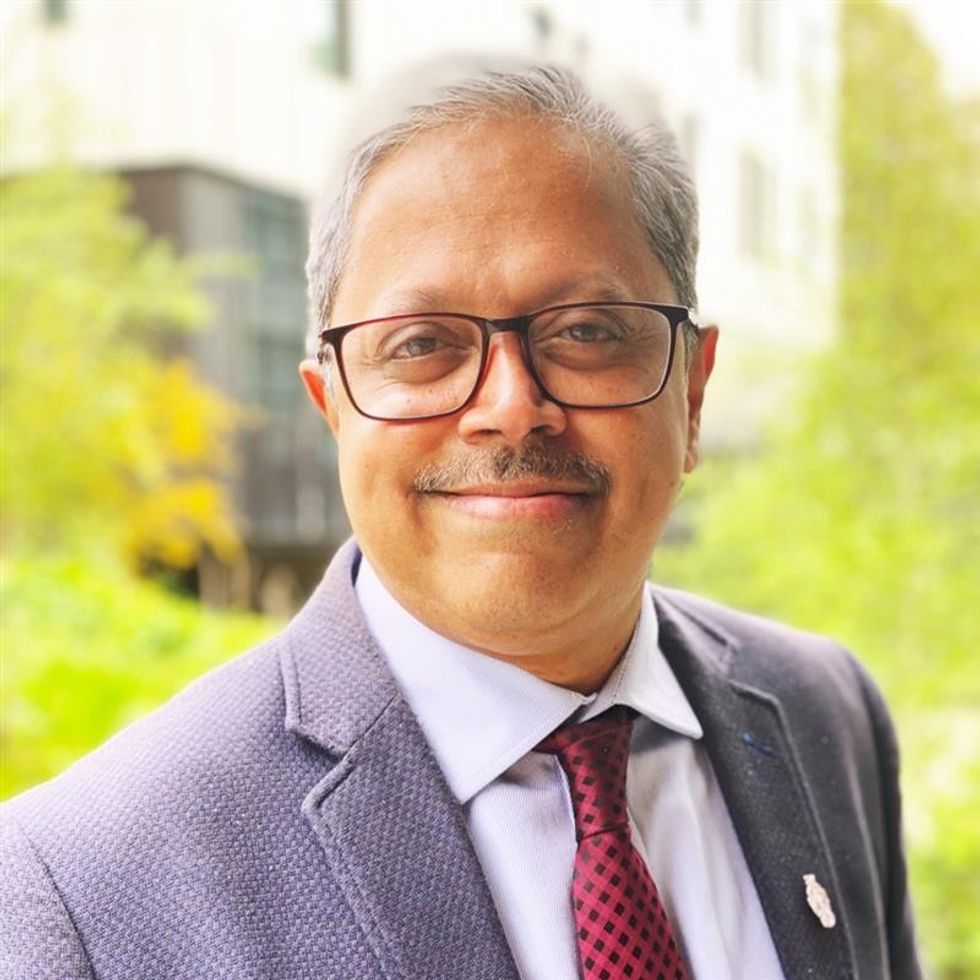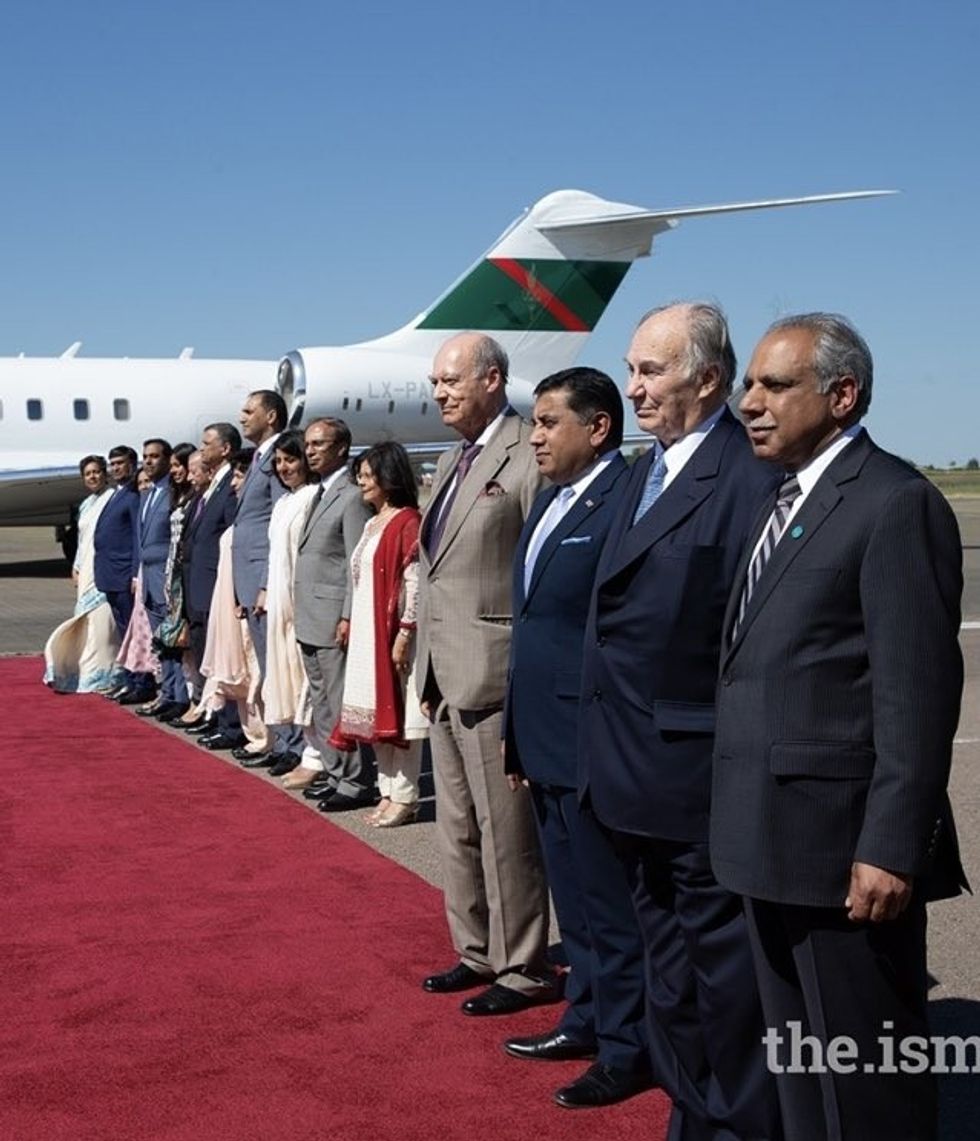FOUR months since my election to parliament, I had the opportunity to join my parliamentary colleagues on a delegation to India, visiting Delhi and Jaipur for conversations with our Indian counterparts, business leaders and academics.
I went to make the case for Indian investment in my constituency and across the UK.
Returning from my trip to India, though, I came away with a single message – the strongest thread tying the UK and India together is not our past, but an ambitious future that both countries are chasing.
At its core, meeting counterparts at each level – from advisers to the Indian prime minister, Narendra Modi, to the chief minister in Rajasthan, Bhajan Lal Sharma – made it clear that in India and in the UK, we have the same vision for the future.
Our prime minister, Sir Keir Starmer, has set out a central mission: to bring ambition back to the UK’s economic growth. Growth offers opportunity and jobs for us. It gets us tax revenues to support our public services. Crucially, after a decade of Britain’s international reputation being eroded, growth is our ticket to a proud, bold international identity again.
That growth mission underpins our government’s total approach. To get there, we are focused on attracting all the international investment we can get for the UK.
India’s prime minister has a similar overarching mission: ‘Viksit Bharat’, the aim of making India a developed nation in its economy by 2047, the centenary of India’s independence.
It is a bold mission, requiring the economy to scale almost 10 times compared to its present size. To achieve that, the Indian government is nationally and, at state level, focused on attracting international investment.
Coincidentally, I visited India weeks after the UK’s Global Investment Summit, which raised an exceptional £63 billion of investment in the UK. It happened to be only weeks before Rajasthan, India’s largest state by area, was hosting its own Global Investment Summit to attract investment. In clean energy, higher education, and technology, there is obvious scope for the UK and India to come together for our shared growth.
What is true of growth is true elsewhere. The UK and India are united now by us both chasing deeply ambitious futures – for healthcare, where our partnership in matching the UK’s scientific expertise with India’s manufacturing capacity has already given the world lifesaving Covid vaccines. There is much more we can do.
An ambitious future for technology, where the UK’s global leadership in artificial intelligence sits alongside India’s exceptional technological talent.
And one for public services, where we can learn the lessons of India’s unified payments and digital delivery of services, as well as share ideas with India on supporting life sciences research for public good.
Of course, our history matters. Knowing where we came from can help guide where we go. It was especially so for me. Returning to Delhi, where my family lived for a decade and where I spent part of my childhood, I was full of the fondest memories.
As a proud British Hindu, I was delighted to join cousins in prayer in Delhi. Having been fed a joyful diet of Bollywood songs in childhood, I was grateful for a refresh, though they never sound as good as 1980s and 1990s Bollywood.
My visit reminded me also of Britain’s remarkable success. That I, the first ethnic minority MP elected in Wales, was on a UK parliamentary delegation to India affirmed what we cherish deeply about Britain – our unique ability to bring us together, regardless of background, into a shared common pursuit of national progress.
But the main lesson I took away from India was that our ties with India need a gear shift. The first 75 years of India’s independence were marked by a relationship focused on our deep history. For the next 75, it is on us – a new generation of British leaders across politics, business, culture – to focus on a different basis to UK-India ties, one that chases the future.
When India reaches its state of developed nation by 2047, my ambition is for Britain to stand alongside it, having taken that journey of exceptional growth together.
(Kanishka Narayan is the Labour MP for Vale of Glamorgan, Wales.)

















 Doraiswami addresses guests at the event
Doraiswami addresses guests at the event



 Liakat Hasham and other dignitaries receive Aga Khan in the UK during an official visit
Liakat Hasham and other dignitaries receive Aga Khan in the UK during an official visit
‘It’s time for UK-India ties to focus on a joint growth story’
Britain should be part of Delhi's ambitious plans for the future, says Labour MP